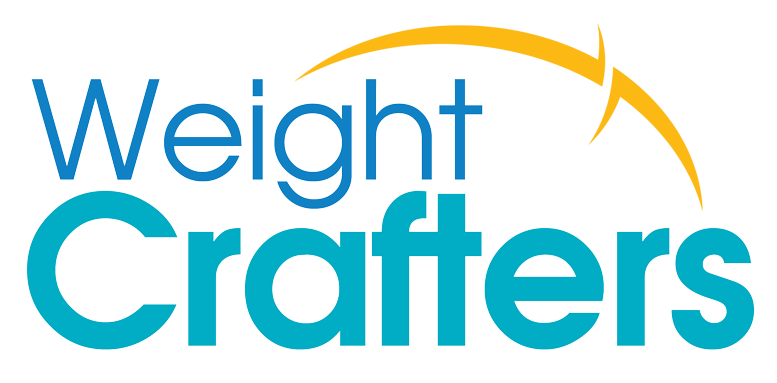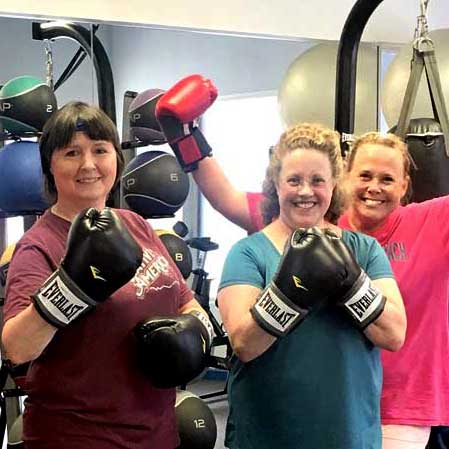What is a Motor Program?
Online Glossary / Quick Reference
An abstract representation that results in a coordinated movement sequence.
About Motor Program
A motor program is an abstract representation that results in a coordinated movement sequence. It is a set of pre-structured commands stored in the brain that can be executed to produce specific motor actions. Motor programs are essential for performing complex motor skills efficiently and with precision, allowing for smooth and coordinated movements without the need for constant conscious control.
Components of a Motor Program
- Pre-structured Commands: Motor programs consist of a sequence of instructions that are pre-structured and stored in the brain, ready to be executed when needed.
- Neural Pathways: The commands are transmitted through neural pathways, activating the necessary muscles and joints to perform the movement.
- Feedback Mechanisms: While motor programs are pre-structured, they rely on sensory feedback to make real-time adjustments and ensure accuracy during execution.
Functions of Motor Programs
- Efficiency: Motor programs allow for the rapid execution of complex movements without the need for continuous conscious control, increasing efficiency and reducing cognitive load.
- Consistency: They ensure that movements are performed consistently, which is crucial for skill development and performance in activities like sports and musical instruments.
- Coordination: Motor programs facilitate the coordination of multiple muscle groups, resulting in smooth and fluid movements.
- Adaptability: They can be adjusted based on sensory feedback, allowing for flexibility and adaptation to changing conditions or errors.
Examples of Motor Programs
- Sports Skills: The precise movements required in sports, such as a tennis serve or a golf swing, are governed by motor programs.
- Musical Performance: Playing a musical instrument involves complex sequences of finger and hand movements that are controlled by motor programs.
- Everyday Activities: Common tasks like walking, typing, or driving rely on motor programs to be performed smoothly and efficiently.
- Dance Routines: Dancers execute intricate sequences of movements that are pre-structured and stored as motor programs.
Developing Motor Programs
- Practice: Repeated practice and repetition are crucial for developing and refining motor programs, reinforcing neural pathways and improving skill execution.
- Feedback: Receiving and incorporating feedback helps fine-tune motor programs, ensuring accuracy and efficiency in movements.
- Visualization: Mental rehearsal and visualization can also aid in the development of motor programs by strengthening the neural representation of the movement.
Motor programs enable the execution of complex and coordinated movement sequences, enhancing performance and efficiency in various physical activities.
© 2007-2025 Weight Crafters, LLC. All Rights Reserved.
















